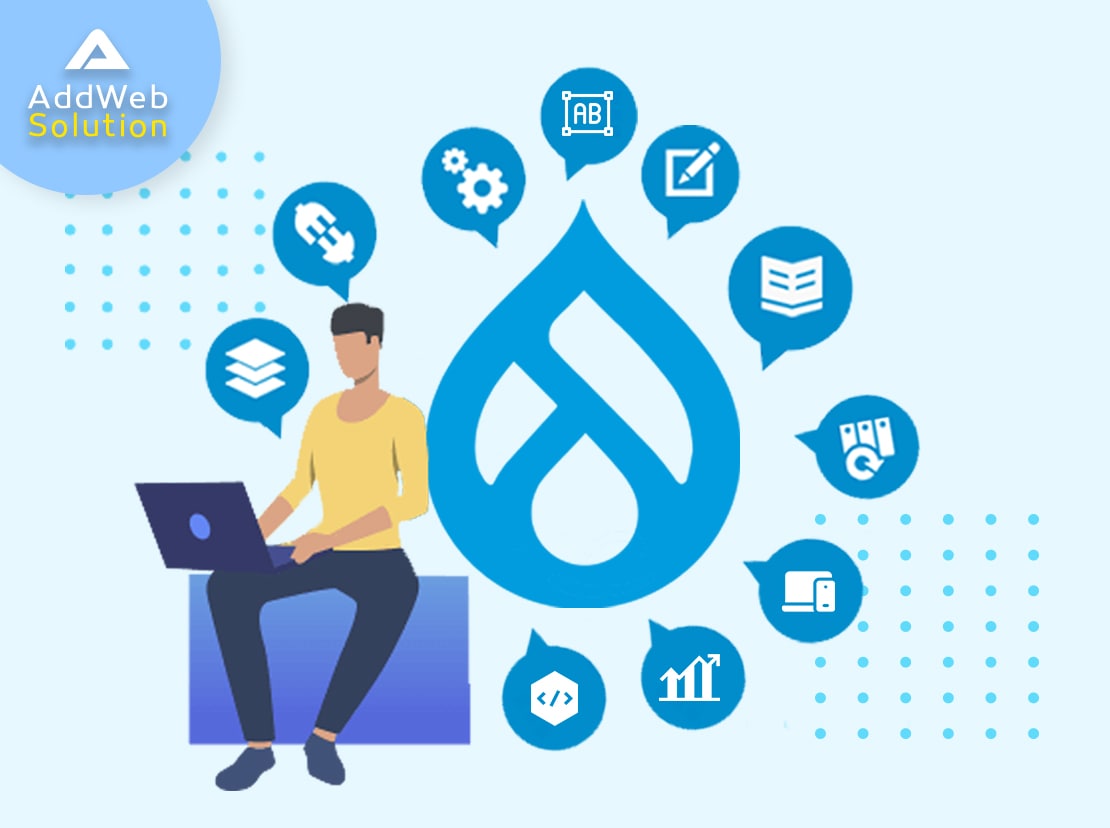One of the powerful open source content management platforms named Drupal is built by keeping modularity in mind. The features like easy content authoring, high performance, and unmatched security make the platform easy to learn, even for beginners. Meaning, you have endless possibilities and features when choosing Drupal as your content management platform.
What Makes Drupal Different from other CMS platforms?
As mentioned above, Drupal stands out from its competitors because of its advancement and user-friendliness. That doesn’t mean that Drupal is difficult to learn and use, as most beginners think.
It is also true that Drupal offers a reasonably steep learning curve, especially if you’re more comfortable with the straightforward interface of WordPress CMS. Drupal was designed from scratch to help developers create complex and more significant sites with advanced structures and maximize traffic levels. Drupal also comes with in-built caching features and increased security, which is available by default.
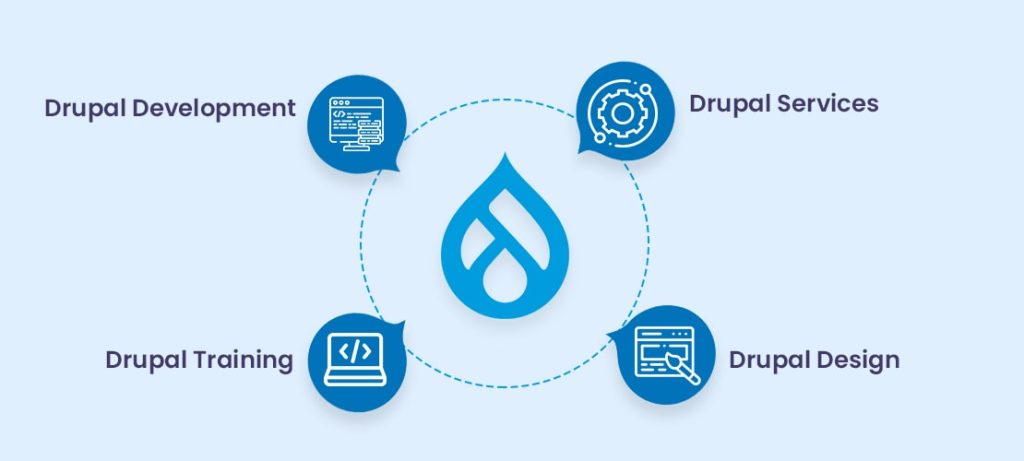
System Requirements For Drupal
If you are a newbie to Drupal, it is essential to know the specification and requirements for running Drupal on your system. The system requirement varies from version to version. Usually, you may need the below system requirements to run Drupal:
- Disk Space. You need a minimum of 15 MB of disk space for the installation of Drupal.
- A total of 60 MB of disk space is minimum.
- PHP: For Drupal 6, you need to use PHP version 4.4.0 or higher.
- Web Server: Apache, Microsoft IIS, or Nginx.
- Database. PostgreSQL 8.3 or higher (with PDO), SQLite 3.3.7 for Drupal 7.
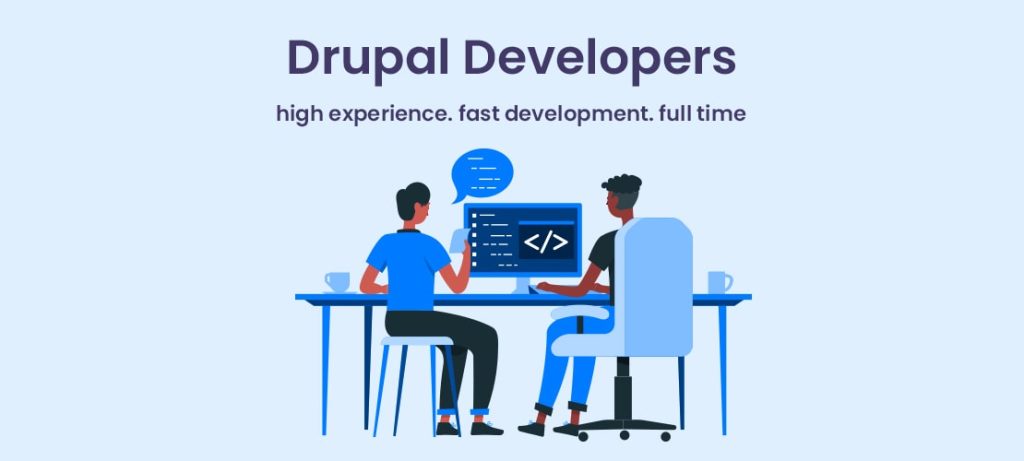
Also Read: 10 Tips For Drupal Experts To Build An Amazing Drupal Website
What Kind Of Websites Can You Create Using Drupal?
Before jumping to the tips for beginners, let’s have a quick look at which types of websites you can create using Drupal. While creating sites with Drupal, you can do almost everything. Yes, It’s more like blank paper where you can virtually draw anything you want. As an out-of-the-box CMS, Drupal comes with basic features like blogging, forums, and contact forms.
Meaning, you can use Drupal to create almost any kind of website. Some of the examples are:
- Personal or business websites
- Blogging website
- News websites
- Portfolio
- Multimedia sites
- Forums
- Ecommerce sites
Next, we will be discussing the tips for a beginner-level Drupal developer. Let’s get to it!
Drupal comes in the “core” format, and you can download it from the official Drupal.org website. Make sure you download the latest Drupal version ( Drupal 9 or 8) only.
If you have any specific need, use one of the contributed profiles or distributions built off by coders who have spent thousands of hours of development time. It is because these pre-configured bundles have a set of modules, themes, or pre-built functions that help you to get your site up and to run, instead of physically downloading and configuring multiple modules to extend Drupal core.
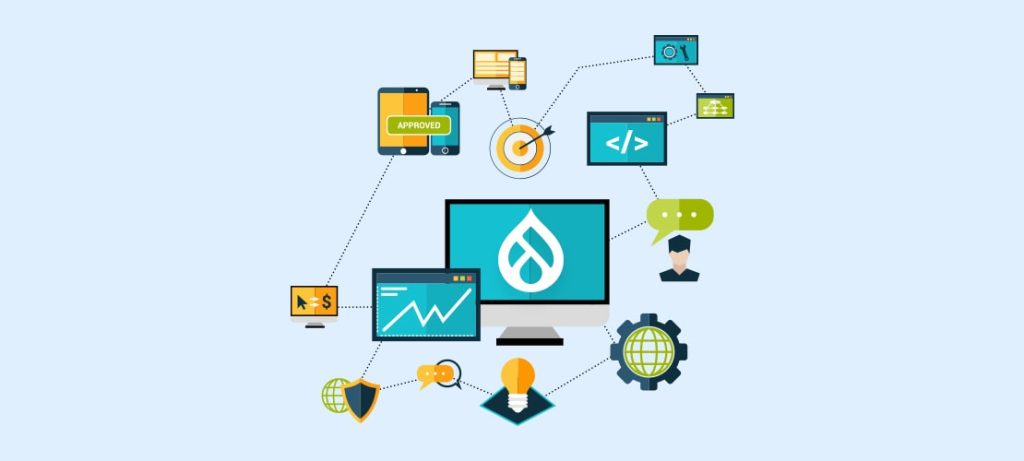
Know Git And Version System
As a newbie Drupal developer, Git can be your best starting point. Spend time and commit and train yourself with Git to brush up your Drupal skills. You should know how branches and tags help find the correct module or theme you need on your website.
Google, Google, and Google
As a newbie Drupal developer, you might face installing Drupal or encounter installation errors. Due to your local development environment, or Drupal installation in your computer might be different from your remote hosting environment.
Whenever you encounter such an issue, use Google. Just copy and paste the exact error message to help Google find out the resolution for you. Put the search term inside double quotes to help Google perform a literal search.
Know-How To Flush Your Cache
Drupal creates caches which reduces the number of PHP processes and SQL queries made by users. Due to the caching feature of Drupal, it doesn’t need to generate it dynamically every time the user requests a page. It increases the performance and speed of your Drupal website.
However, if your site behaves strange or can’t see your theme edits during development, use the Flush Cache function. It clears out your Drupal cache and allows the site to rebuild itself with up-to-date information.
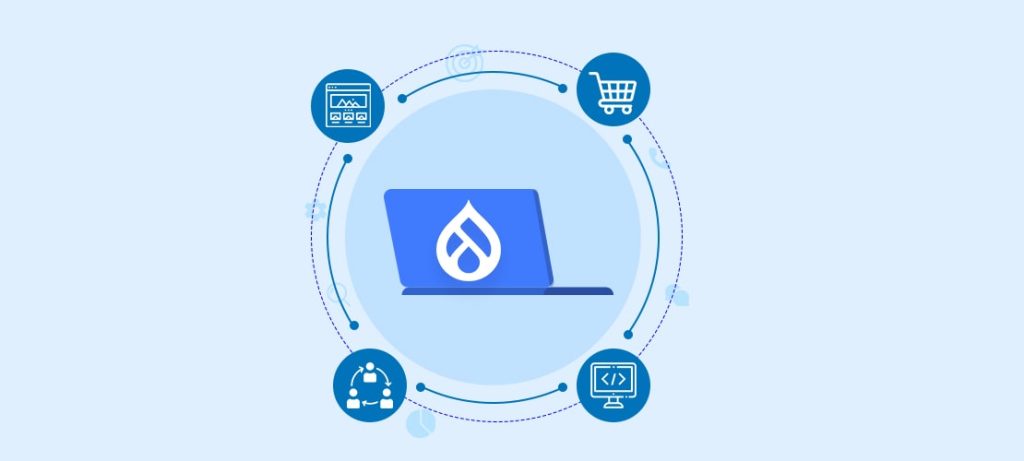
Also Read: Custom Drupal Development: 10 Things You ‘Must’ Know For Best Output
Understand User Roles And Permissions
Once you are familiar with all the modules, you will use the content types, specify what types of users (“roles”) you want to have on your website, and permissions for those roles. The default user roles in Drupal are as follows:
- admin user – As the name suggests, it is a user with all the rights to administer the website
- anonymous user – a user who is has not logged in
- authenticated user – Person who is logged as he/she has an account on your Drupal site
Understand Basic Theme Development Concepts
Drupal offers hundreds of themes that are available for free download. You can also go for paid download or unique customization in the Drupal module. If you want to develop a custom Drupal theme, use a modified version of the Framework Theme as a base and add additional graphic design elements from Photoshop or CSS edits to the stylesheet.
If you decide to specify the layout of those elements, you can use some additional *.php files such as block.php and comment.php
Don’t Forget to Set Up Basic Site Information
Some standard information like the name of the website, e-mail address, slogan, mission statement, and text in the footer message is collected and displayed on your Drupal setup. Make sure to set up the basic site information before starting the development.
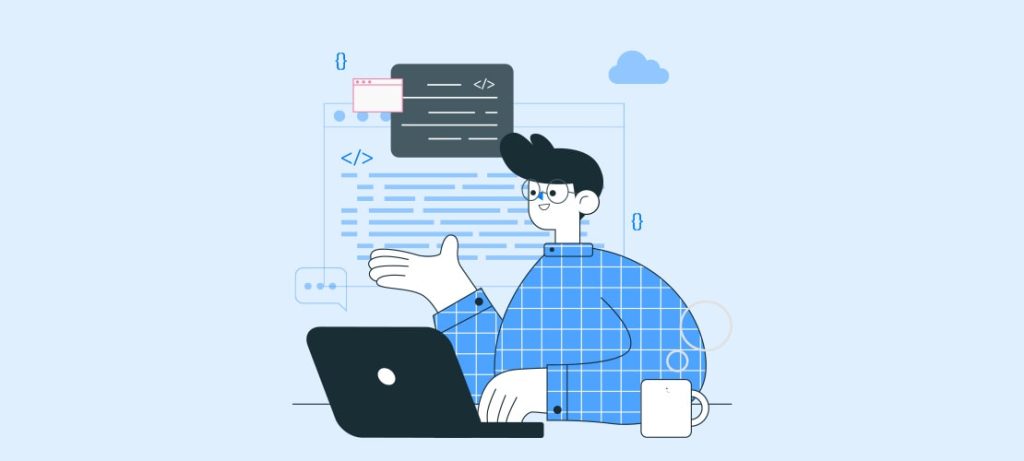
Deploy a Contact Form
Most Drupal site owners need some web form like a contact form to message visitors. Drupal core has an in-built contact form. You can enable it and make necessary changes to the state before deploying the Drupal site. Make sure to enable the Contact module first, also known as an optional core module.
Learn to use Views
In Drupal, you can use Views which gives excellent control over the repetitive task of creating displays of your information. You can use the Views editor to filter your available nodes in Drupal and publish them in tables, grids, or lists and sort them in the way you want.
For example, if you use the content of “people,” use Views to name any of the following from the same set of records:
- A grid of faces as a “block” which you want to place on a Team page
- An alphabetical list by name and designation on a Designations page
- A list of address and phone numbers on an Administration page
Have a trusted Hosting Provider
Make sure your hosting provider has experience or good knowledge in hosting Drupal. Contact a hosting provider with excellent tech support and a supportive team available to resolve our website issues at the earliest.
Double-check before Launch
As a newbie, you might be in a hurry or excited to launch your first Drupal website. Once you are done with the module configuration and fine-tuning your theme, make sure you soft-launch the website. Prepare all the things you need to consider before you launch your website.

Conclusion
These are some tips for people looking to start their career as a Drupal developer. As more and more people are using Drupal, you may look the same. There is a lot on your plate if you are new to Drupal CMS. But don’t worry; the community support from Drupal and the documentation will help you learn the ins and outs of Drupal in a few months.
We hope these Drupal development tips will help you get accustomed to Drupal CMS and make your Drupal journey smooth. Keep in mind that the learning process might take time but very helpful in playing around with Drupal tools and modules.
Frequently Asked Questions
Drupal is a powerful content management system (CMS) used to build websites and applications. As a Drupal web developer, you can create dynamic and customized online experiences without starting from scratch.
Not necessarily! While a computer science background can be helpful, many successful Drupal developers are self-taught. Practical experience, a strong desire to learn, and problem-solving skills are equally important.
Start with online tutorials and documentation available on the Drupal website. Join the Drupal community forums, attend webinars, and explore beginner-friendly courses on platforms like Drupalize.Me or Lynda.com.
Having a good grasp of HTML, CSS, and PHP is essential. Familiarity with JavaScript is a plus. Drupal primarily uses PHP, so getting comfortable with it will benefit your development journey.
Drupal is flexible! While it’s commonly used for larger projects, it can also be an excellent choice for smaller websites and applications. Its modular architecture allows you to scale your projects as needed.
Understanding theming basics can be beneficial, but it’s optional. You can collaborate with dedicated themes for intricate designs. However, having a basic understanding can help you work more seamlessly with them.
Engage with the Drupal community! Follow Drupal blogs, participate in forums, and attend Drupal events. Additionally, stay connected with broader web development communities to stay informed about industry trends.
As a Drupal web developer, you can work as a freelancer, join a web development agency, or become an in-house developer for organizations. With experience, you can specialize in module development, theming, or even move into leadership roles.

